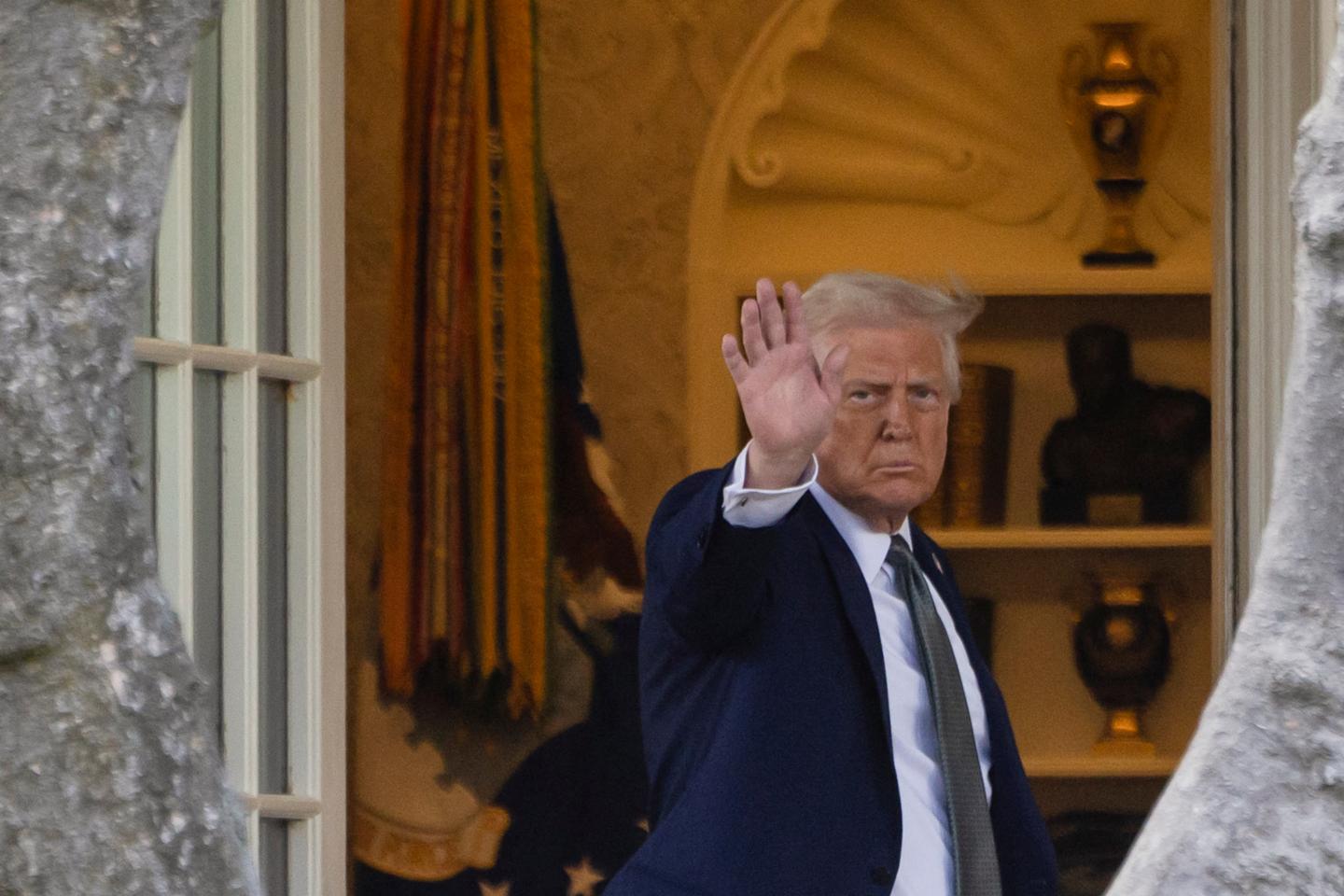


In his second term in office, as in his first, President Donald Trump has broken dramatically with the previous bipartisan American foreign policy consensus in favor of free trade and ever-expanding, permanent US military commitments. But his criticism of America's trade and defense policies is neither unique nor original. Trump and his allies represent an alternate nationalist tradition in American foreign policy – a tradition that can be traced back to President Richard Nixon (in office 1969-74) and third-party presidential candidate Ross Perot in the 1992 and 1996 campaigns.
Nothing that Trump has done in his two terms so far compares to the radical economic nationalism of the "Nixon shocks" of 1971. President Nixon unilaterally abolished the post- Bretton Woods system of currencies linked to the dollar and gold, and imposed a surcharge or tariff of 10% on all dutiable imports. The historian Jeffrey Garten observes that Nixon's Treasury Secretary John Connally "had no hesitation doing anything if he thought it would benefit the US He just didn't care about the rest of the world and Nixon knew that."
The Nixon-Connally strain of American economic nationalism was carried on in the 1990s by Connally's fellow Texan Perot, like Trump a billionaire businessman who ran for the presidency twice, in 1992 and 1996. Perot denounced the North American Free Trade Agreement for allowing US automobile companies to transfer production from well-paid, unionized workers in the US to low-wage labor in Mexico. Perot complained that the Japanese and other allies had "picked our pockets" and declared that as president he would charge both Japan and Germany $50 billion [$114 billion in today's dollars] to repay the US for the cost of defending them.
In the 1992 presidential campaign, Perot received nearly 20% of the popular vote – more than any third-party party since former Republican president Theodore Roosevelt ran as the Progressive candidate in 1912. Nevertheless, following Perot's defeats in 1992 and again in 1996, the US foreign policy establishment treated neo-Nixonian economic nationalism as a discredited doctrine favored only by marginal figures on the far right like the pundit and failed presidential candidate Patrick J. Buchanan – who had been a Nixon aide.
You have 77.8% of this article left to read. The rest is for subscribers only.
